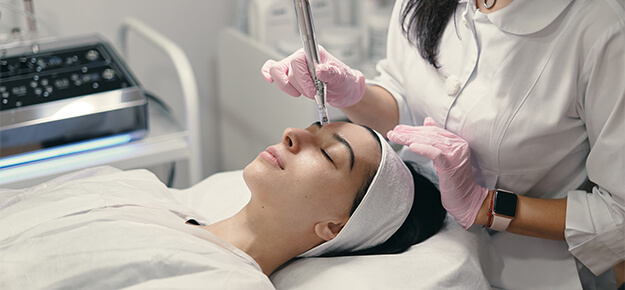Specialist Dermatologist
Aster Cedars Hospital & Clinic

Hypertension (High Blood Pressure): Symptoms and Causes
Hypertension, or high blood pressure, is a long-term health condition affecting 1.4 billion lives worldwide. It develops quietly over time and may affect the body without noticeable signs in the early stages. Hypertension may lead…
















